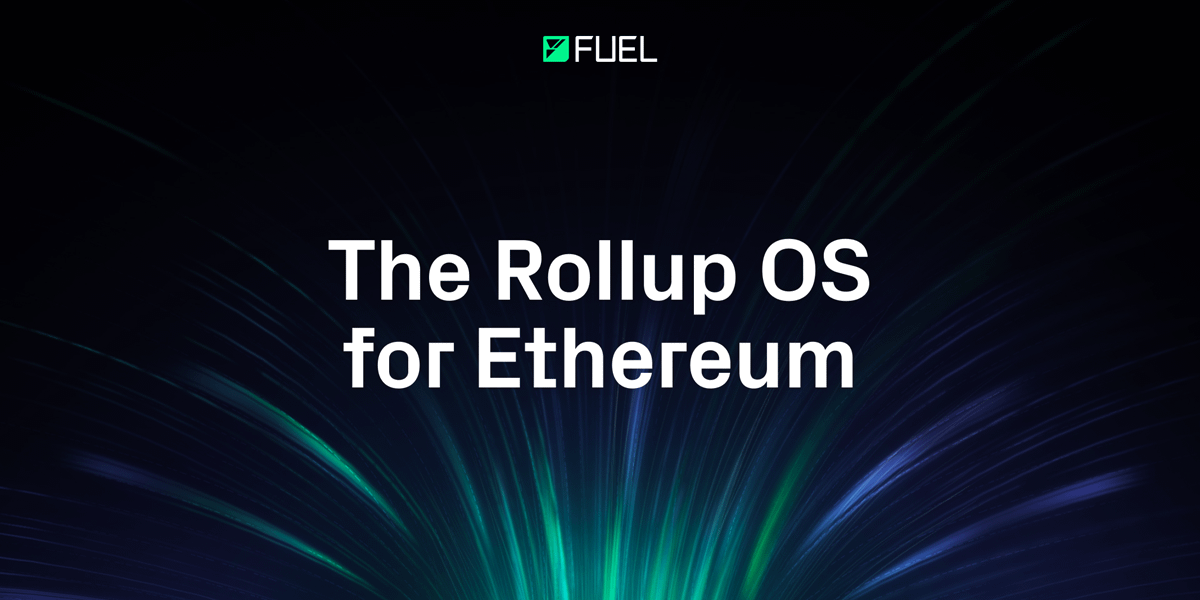With Ethereum still reigning supreme across the blockchain realm, the need for efficient, scalable, and secure rollup solutions has never been greater.
Consequently, Fuel Labs’ newest creation Rollup OS.
This revolutionary operating system solves some of the fundamental problems with today’s rollup architecture and delivers an end-to-end solution to improve Ethereum’s performance without sacrificing its principles.
Rollup OS Explained
Fuel Labs has been at the top of the rollup space since 2020 and gained much of its fame through Fuel V1, the first optimistic rollup on Ethereum.
With Rollup OS, the company is taking a huge leap forward. All of this essentially means that it is more than an upgrade: it’s a total reimagining of how rollups should work in today’s fast-moving blockchain ecosystem.
Rollup OS is designed to solve the limitations of the rollup design that has prevailed until now. It brings parallel transaction execution via the FuelVM, through which many transactions can be executed at a time, significantly bringing about efficiency.
Secondly, it solves state bloat by introducing state minimization techniques that reduce this data burden on nodes, enhancing network performance in general.
Ethereum Rollups Continue To Evolve
What differentiates Rollup OS is modularity in design, able to chain all sorts of features from other leading blockchain architectures.
For instance, the Bitcoin UTXO model enables it for asset management, the parallelization of Solana makes it very speedy, and the interoperability of Cosmos furthers interchain collaboration. All these combinations make Rollup OS the most versatile and powerful operating system existing for Ethereum rollups.
Moreover, Fuel Labs has added native account abstraction, enabling users to sign transactions by wallets of any network. This flexibility will enhance user experience while ensuring that Rollup OS is adaptive enough to the wide-ranging interests in the Ethereum community.
Future-Proofing of the Ecosystem of Ethereum
Fuel Labs answers these various challenges with a future-proof solution designed to optimize Ethereum’s scalability while retaining its ethos of decentralization.
It is imperative that the history of all this evolution is duly noted, according to Nick Dodson, CEO of Fuel Labs.
“As rollups mature, it’s clear that an operating environment optimized for their unique requirements is a non-negotiable next step. Rollup OS is that evolution, solving critical bottlenecks and future proofing both rollup technology and the Ethereum ecosystem”.
Conclusion.
As Fuel Labs’ rollup OS fuels interoperability, so will the Ethereum ecosystem, which continues to scale such innovations are therefore at the forefront of keeping it top in blockchain technology.







